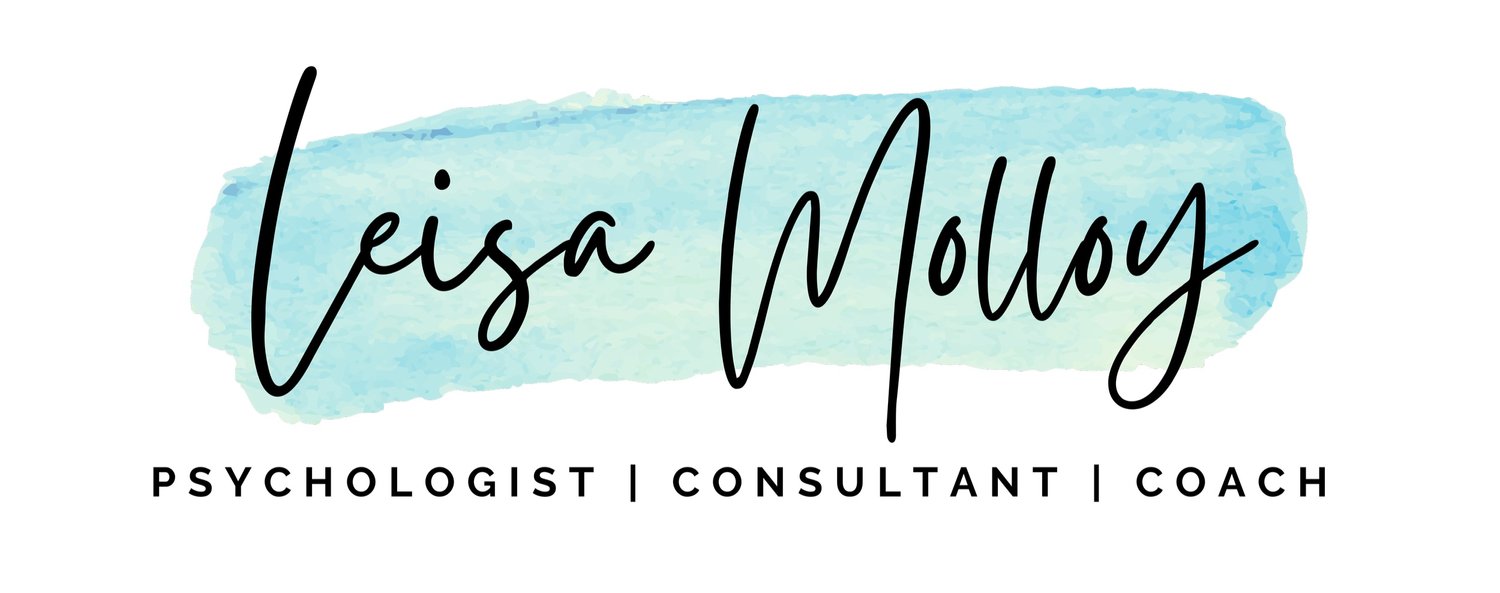On feedback triggers, de-energising leaders, & giving kudos...
This is the content from the May 2022 newsletter - enjoy! And be sure to sign up for the newsletter if you enjoy this kind of content :-)
How can you ask your employees if they are happy?
This article includes some practical suggestions for conducting effective "stay conversations" with employees, as a way of gauging the extent to which they are having a positive and satisfying experience of work. One thing I really liked about the article was the strong focus on asking open-ended "what" and "how" questions to dig deeper and build additional insight.
Indeed, these are the types of questions I often encourage leaders to ask across a range of different 'leadership conversations'. A quote from the article that I particularly enjoyed was this - "While this may feel like “extra work” that you may not have time for, in reality, you don’t have time not to have a stay conversation. Remember, it is the simplest actions that often have the biggest impact."
You can read the HBR article here.
Do your leaders energise or de-energise others?
This is the key question posed by this HBR article, which explores the impact that "positive relational energy" can have on employee engagement, satisfaction, well-being and performance - as well as a range of broader organisational outcomes. It's an interesting read for those keen to take a very 'human' approach to leadership, especially when connecting these ideas to other research and thinking around emotional culture, managing your energy, and the fundamental role of social connection.
The authors share a simple tool for measuring your impact on others, which simply involves asking others "When I interact with this person X in my organisation, what happens to my energy?”
How good is communication in your workplace?
This Atlassian article on the various ways that communication can go wrong is an 'oldie' but a 'goodie'! It's one that I've recently revisited given a communication program I am currently co-creating with a client.
While a little silly in parts, I think the article effectively highlights the fact that communication is not straightforward - it isn't simply a case of "a thought in my brain becomes an understanding in your brain.” Instead, there are allllll sorts of ways that noise and interference can get in the way, resulting in the message received being very different from the one you intended to send!
If you want to read the "no-BS guide for people who suck at communicating with coworkers", you can find it here.
Could you get better at receiving feedback?
As many of you may know, I often run programs on feedback & coaching skills, with a focus on helping leaders to navigate these conversations in a more 'human' and connected way. One of the things I'm most passionate about when it comes to this topic? Also teaching leaders and their teams (everyone, in fact!) how to effectively receive and utilise feedback. In this short video, author Sheila Heen talks about this, outlining a couple of key ideas from one of my favourite books.
I've always enjoyed the way she explains one of the big reasons as to why we find feedback SO difficult to hear at times, saying "We all want to learn and grow, but at the same time we want to be accepted and respected the way that we are now."
Here's the short video exploring these common reactions to feedback.
Do you give yourself 'permission to feel'?
In last month's newsletter, I mentioned the recent addition of the Emotional Culture Deck to my toolkit, sharing an article on the topic of emotional culture. If you enjoyed that content you are also likely to appreciate the insights shared in this podcast episode. It's an interview between author Marcus Brackett and none other than the amazing Brené Brown. Not surprisingly, the conversation is jam-packed with interesting content on the various ways that emotional literacy (i.e. being able to recognise, name, and understand our emotions) affects everything from learning, decision making, and creativity, to relationships, health, and performance. Many of my colleagues consider this to be one of the most important conversations on this topic - I hope you enjoy it too!
You'll find the episode here on Brené Brown's Unlocking Us website, or here on Spotify.
What are some simple ways to celebrate your 'wins'?
Recently, I stumbled across this cool Mural template while preparing some resources for a client workshop. It's a "Kudos wall" that can be used by teams and groups to acknowledge and celebrate individual and collective wins and successes.
Personally, I love the idea of taking time to actively engage in this process, and feel that templates like this make it much easier to do so. If you do decide to use this tool, I just have one suggestion - to further customise the template cards so that appreciative feedback and comments are more specific and meaningful for those receiving them. Indeed, I'm planning to do exactly this for my own clients!
You can find the Mural template by following this link and creating a free account if you don't already have one - enjoy! :-)
Thanks for reading! Feel free to share with anyone who might find these insights helpful, or who might want to sign up and join the community.






